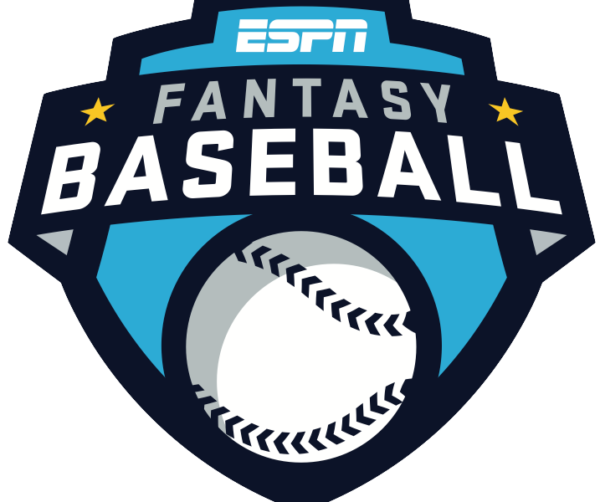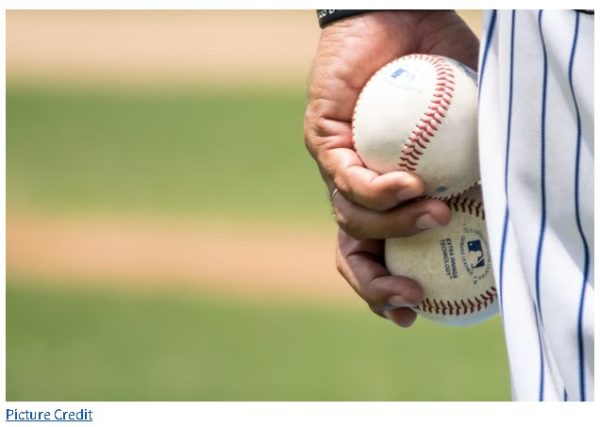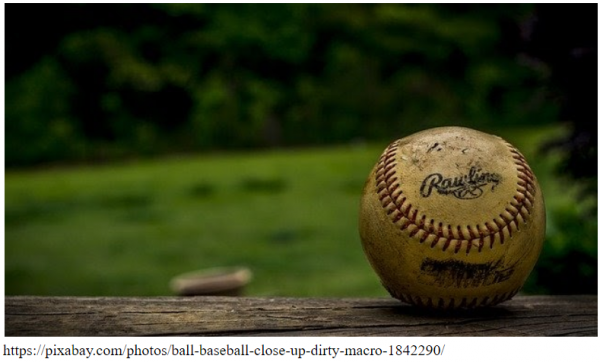ByCharles S. Farrell
Volume II, Issue 16: A Publication For Your Reading Enjoyment
Major League Baseball recently held its annual midsummer celebration of the game of hardball and, as usual, Dominicans were well represented on the All Star teams selected as the best of the best. The numbers are testament to the contribution the Dominican Republic has made to baseball, providing it with many of the top stars today.
Dominicans In 2009 All-Star Festivities
Albert Pujols Carlos Pena Nelson Cruz
But amidst the All-Star hoopla, the dark side of Dominican baseball continues to fester. Around the same time baseball was celebrating in St. Louis, the Yankees were voiding the contract of a young Dominican prospect who lied about both his age and his identity, and no fewer than 10 Dominican Summer League players were suspended for using performance enhancing drugs. Even Baseball Commissioner Bud Selig took note of the age falsifications during an All-Star address, saying, “That’s one of the areas we’ve got to get a lot better handle on. We’ve got a lot of work to do in the Dominican Republic. And we’re doing it.”
But not doing near enough. Now is time for Commissioner Selig to take action or Dominican baseball is going to crumble under its own weight; it is already a crisis in development, with the latest developments only adding fuel to the fire already lit by Sammy Sosa, Manny Ramirez and Alex Rodriguez – and now David Ortiz – as well as the additional accusations of age and identify falsification by Dominican players.
Understand, baseball is a natural resource for the Dominican Republic, doing as much or more for the country than tourism, the leading industry. In fact, tourism feeds off the publicity generated by baseball. People who had never heard of the Dominican Republic now know of the country because some of their favorite baseball players hail from here; many of them visit the country as a result. Baseball and the Dominican Republic cannot allow a public relations plus to turn into a nightmare.
Signings of players in the Dominican Republic have been slowed or put on hold by the questions about the legitimate age and identity of some players. Teams are conducting bone density scans to verify the age of some players and DNA testing is being ordered for others, with the players forced to bear the cost of testing unless results vindicate them.
The DNA testing itself raises ethical questions on a horrific scale. Ask yourself the question what might have happened if baseball had had DNA testing available when a young Lou Gehrig was coming up. What would the Yankees have done with the talented player if they had been able to determine he was predisposed to amyotrophic lateral sclerosis? Once DNA information is obtained, no one can guarantee how is it used and by whom. That alone is dangerous.
But the ethics of DNA testing aside, baseball has already taken several to the head with regards to Dominican baseball players and, from what I understand, this is just the tip of the iceberg as scrutiny intensifies; that more age/identity falsification will be uncovered and more steroid users exposed, further undermining the integrity of Dominican baseball and the exceptional players it produces. I predicted several months ago that there was going to be a slow trickle of names made public from a 2003 steroids test, a test that was supposed to remain confidential. Sammy Sosa’s name recently popped up, and now both David Ortiz and Manny Ramirez are named.
Commissioner Selig needs to act now, appointing a high level commission, much as he did with the steroid issue, to study the problems and develop solutions. The Mitchell Report led to substantial changes in the way baseball addresses the use of performance enhancing drugs, but the problem is epidemic among Dominican players and will continue unless addressed head on, as will lying about age and identity.
A few years back, a group of Olympic athletes was asked if they would take steroids to assure Olympic glory even though it would result in certain death. Over 60 percent said yes. In a country where baseball is viewed by many as the only opportunity to escape poverty, I am willing to bet that the percentage of those willing to exchange baseball success for death would be even higher.
The commission Selig needs to announce today, and appoint within the next 30 days, should include people from Major League Baseball and Dominican baseball, as well as players (current and former), doctors, educators and representatives of the Dominican government whose role would be to protect the country’s natural resource of baseball. And part of the commission’s charge should be to promote and develop opportunities for the players for a life outside of and beyond baseball. If players realize that baseball is a single opportunity but other opportunities are available, they might realize that risking their lives by taking steroids, or getting caught up in the lies of age and identity falsification, are just not worth it.
The Dominican Republic gets so much from baseball and baseball gets too much from the Dominican Republic to allow the situation to deteriorate further; at some point it becomes irreparable. Commissioner, you have the power to see that that does not happen. Time to step up to the plate.

![Reblog this post [with Zemanta]](http://img.zemanta.com/reblog_e.png?x-id=556dd276-8792-4dde-a964-1b8a4cf35616)








